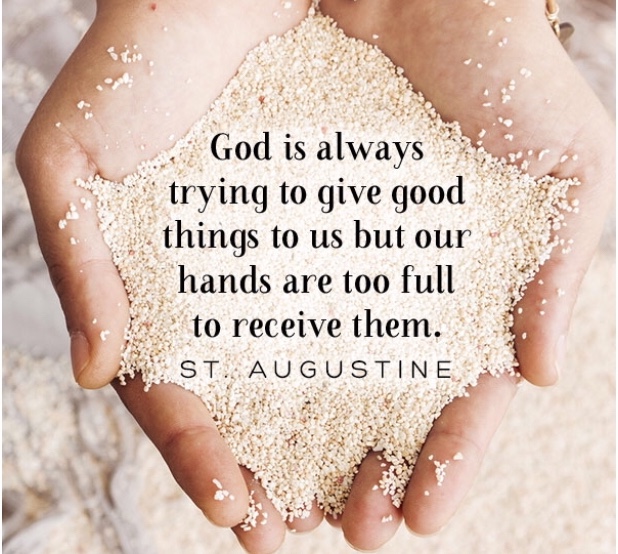Today we begin the new Church year and the season of Advent – a time of devout and joyful expectation.
Advent has two-fold character, for it is a time of preparation for the Solemnities of Christmas, in which the first Coming of the Son of God to humanity is remembered, and like wise a time when, by remembrance of this, minds and hearts are led to look forward to Christ’s Second Coming at the end of time. For these two reasons, Advent is a period of devout and expectant delight. It’s a time of joyful hope.
Human beings cannot live without hope. Unlike the animals, we are blessed – or cursed – with the ability to think about future and to fear our actions to shaping it. So essential is this to human life, that human beings cannot live without hope, without something to live for, without something to look forward to. To be without hope, to have nothing to live for, is surrender to death in despair.
But we can find all sorts of things to live for and we can hope for almost anything: for some measure of success or security or for the realization of some more or less modest ambition; for our children, that they might be saved from mistakes and sufferings and find a better life than we have known; for a better world, throwing ourselves into politics or medicine or technology so that future generations might be better off. Not all these forms of hope are selfish; indeed, they have given dignity and purpose to the lives of countless generations.
Advent is to learn what to hope for. And we take the help of the Old Testament. The people of the Old Testament had the courage to hope for big things: that the desert would be turned into fertile land; that their scattered and divided people would eventually be gathered again; that the blind would see, the deaf hear, the lame walk; would be united in the blessings of everlasting peace. Clearly, their hopes were no different from ours or from any human being’s: lasting peace, tranquil lives, sufficiency of food, an end to suffering, pain and misery.
Thus, we hope for the same things as the Old Testament people, for their hopes are not yet realized. But we differ from them in two ways. First, the coming of Jesus in history, as a partial fulfillment of God’s promises, immeasurably confirms and strengthens our hope. Secondly, we differ from the Old Testament people because Jesus has revealed to us that God is not afar off, but is already in out midst. Hence, we look up to John the Baptist and Mary: because they recognized the new situation, they serve as models for the church in discerning the presence of our savior in the world.
In the midst of this hectic and busy season, take a much-needed break to prepare for the coming of our Lord. This is an opportunity to reflect on the meaning and spiritual significance of Advent.
I invite you to our Advent Retreat: “Let Every Heart Prepare”. Please join me to reflect how we can best use our Advent time in preparing our hearts for the coming of the Lord. December 1,2 & 3 from 7PM to 8:15PM.

Recent Comments